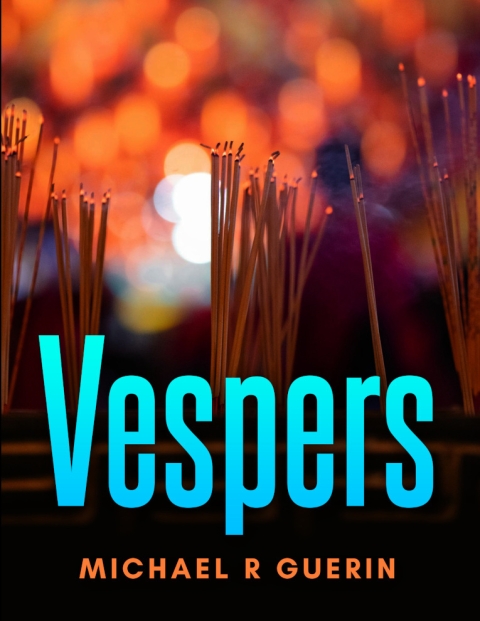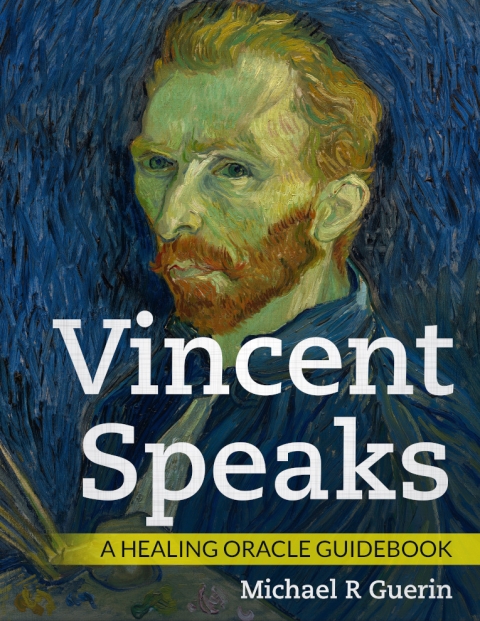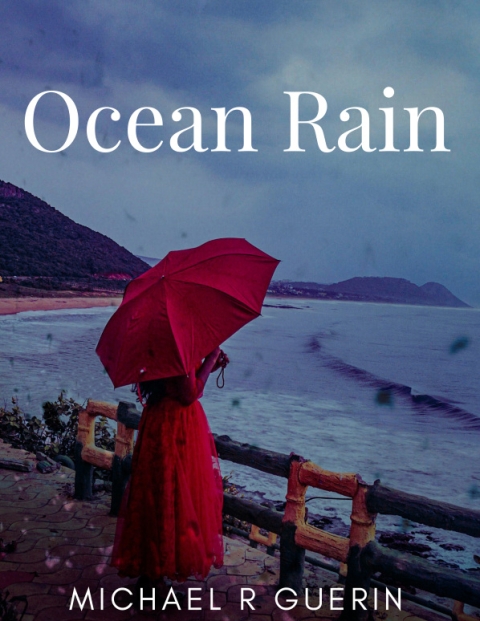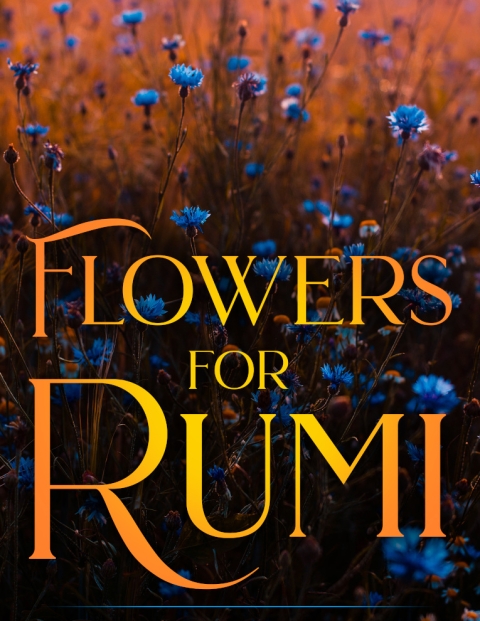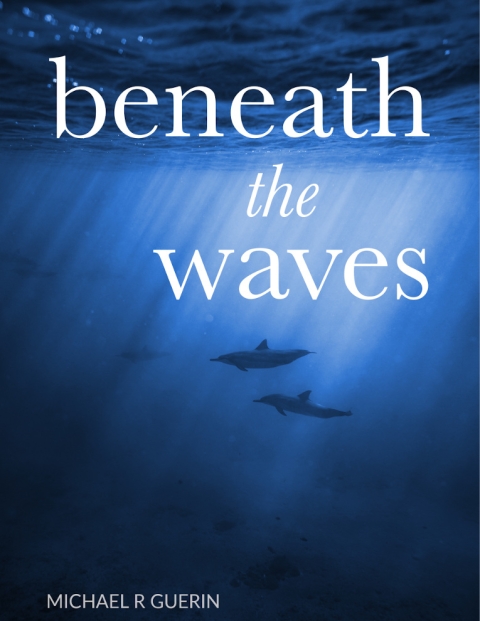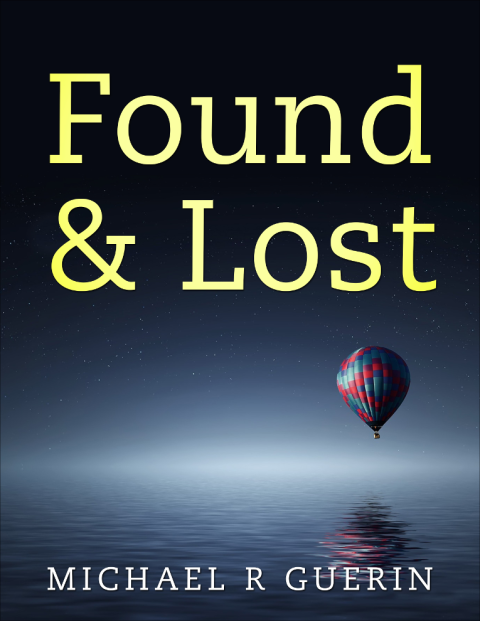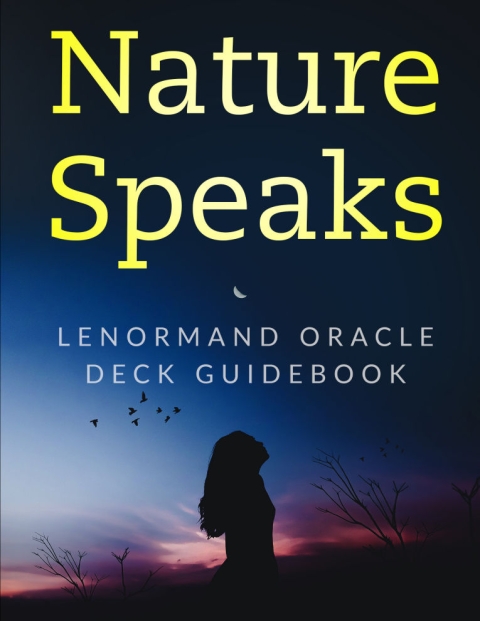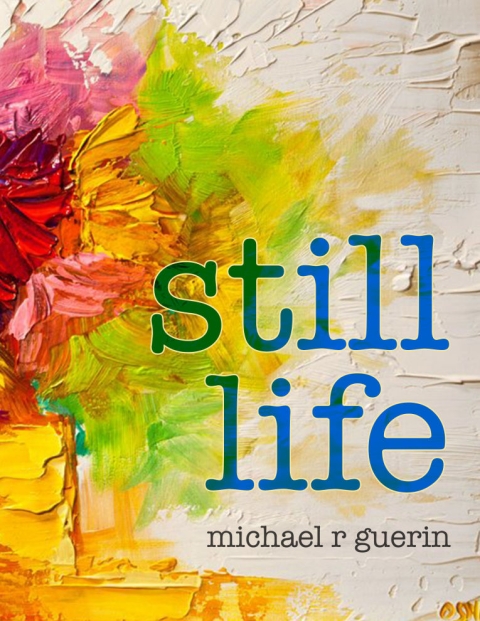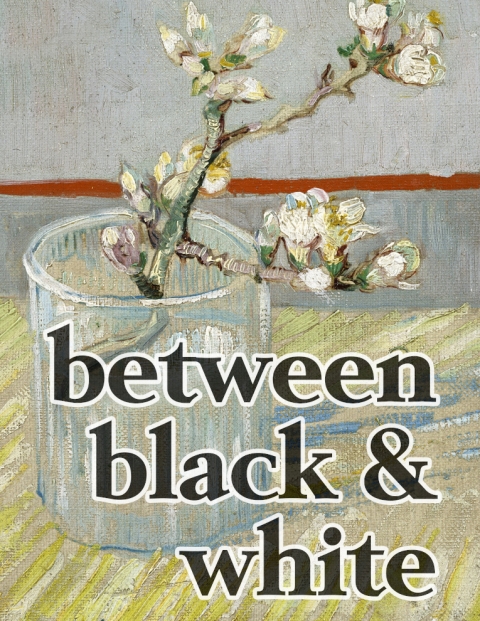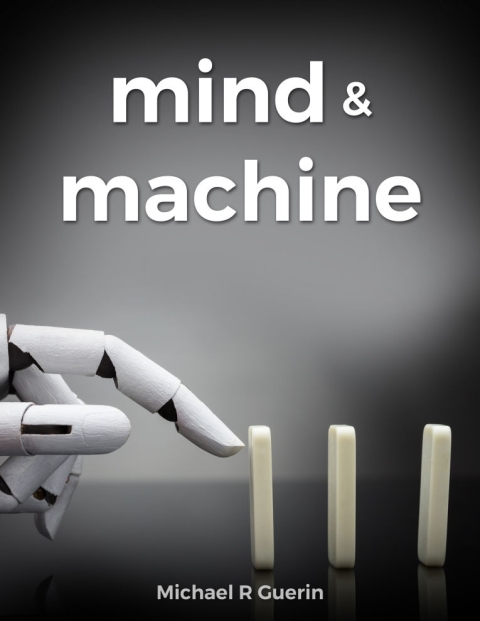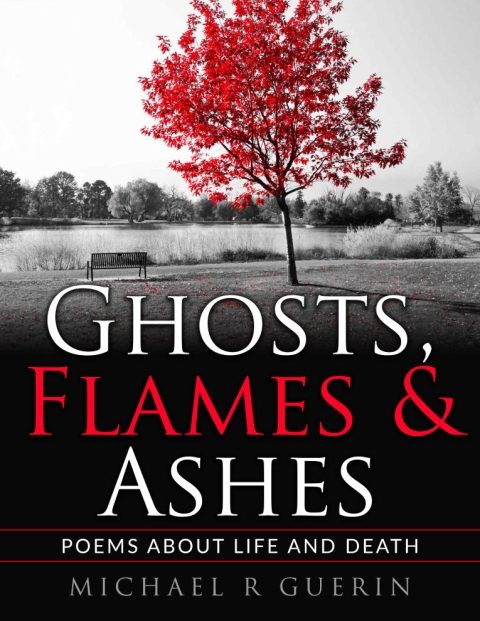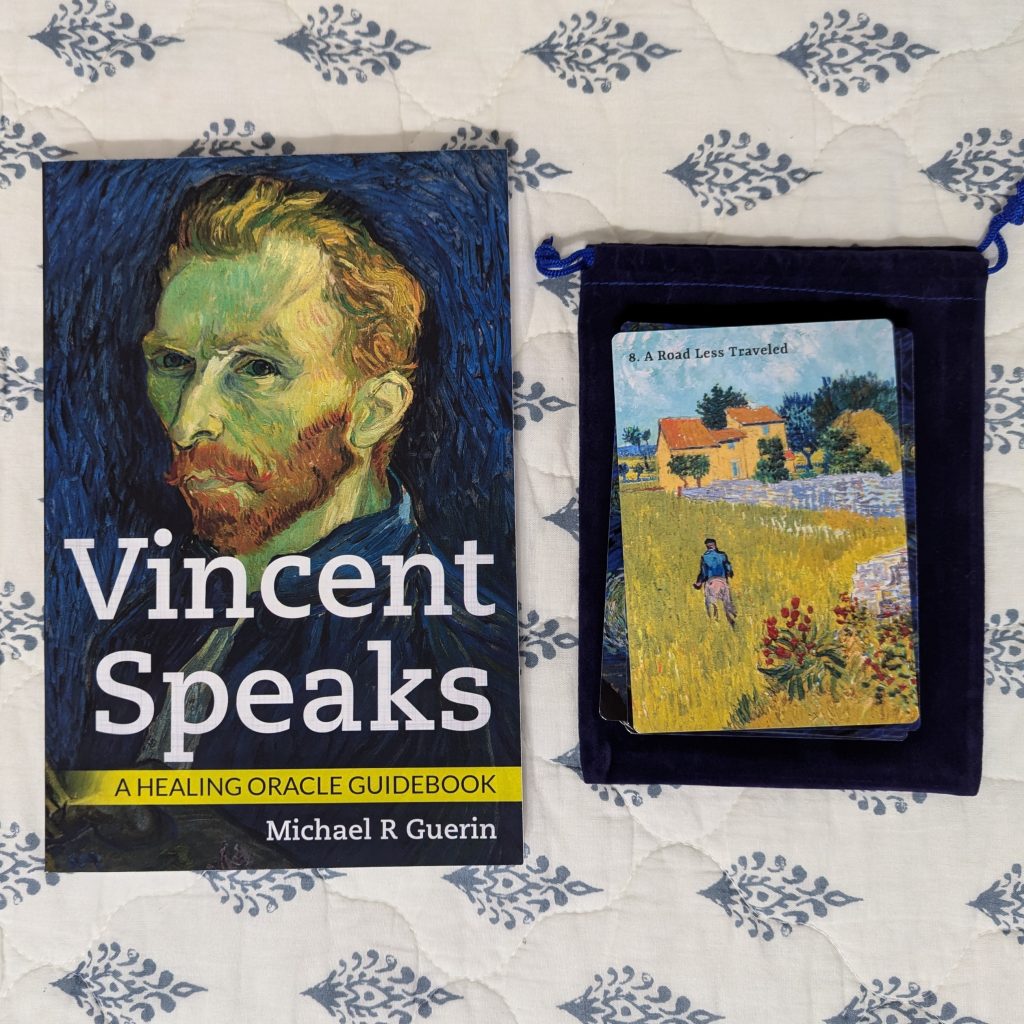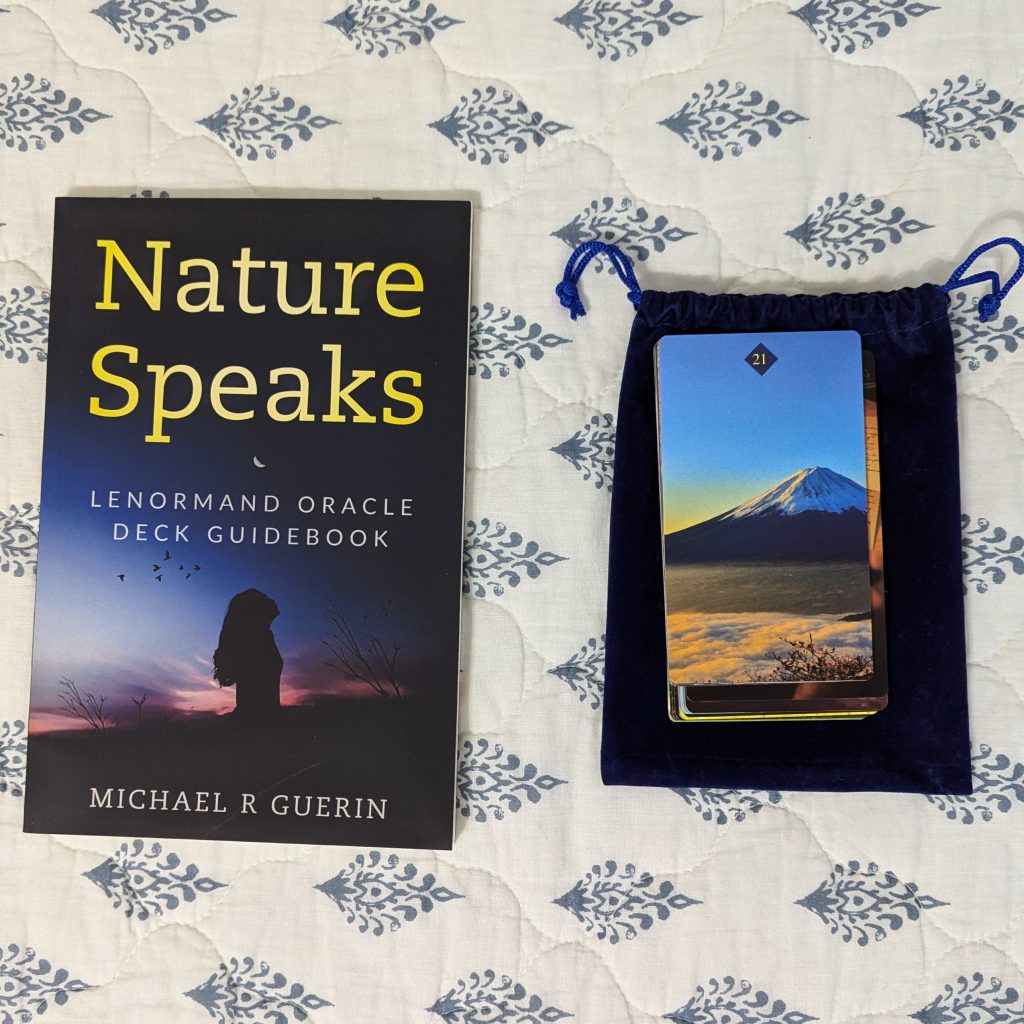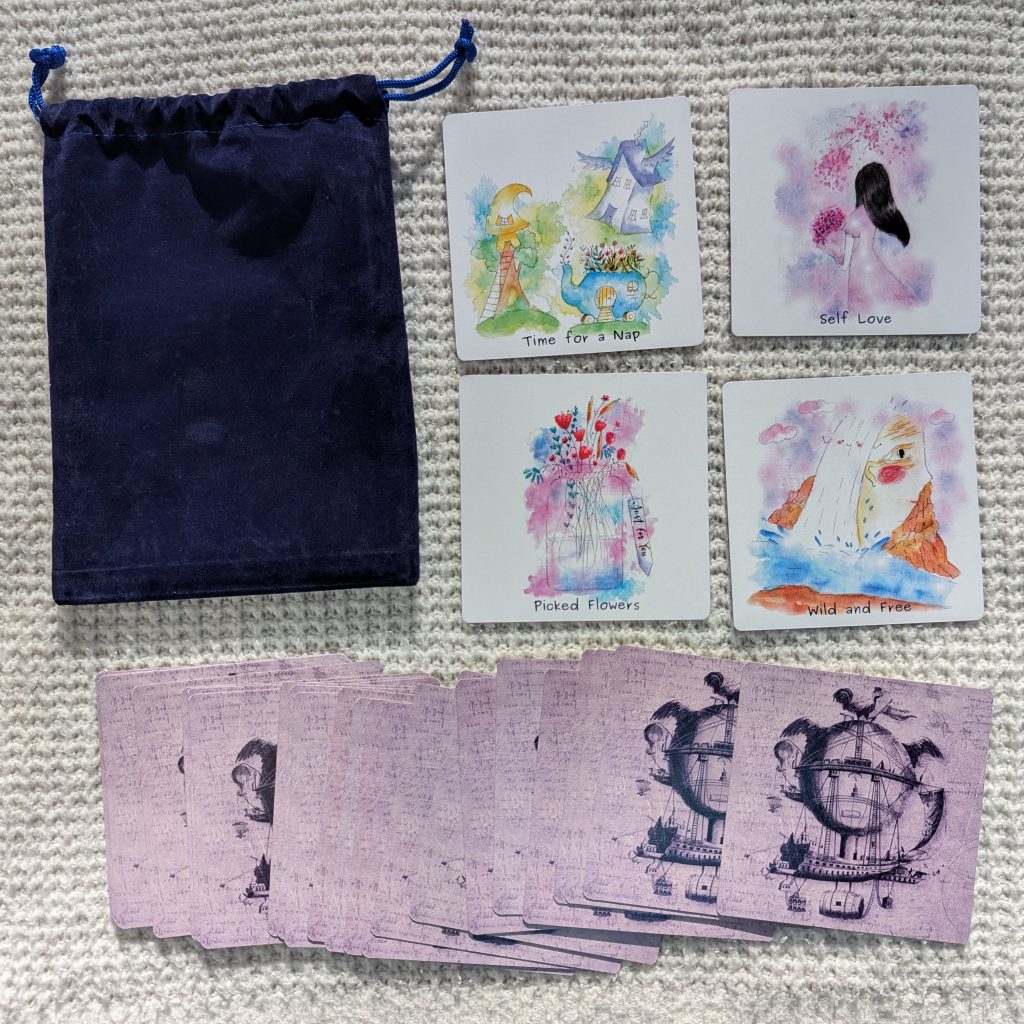Who are you?
Or perhaps the question is better stated this way — how do you think about yourself?
If asked to share some thoughts about who you are what words would you choose to use in order to convey the key elements of who you consider yourself to be?
Admittedly this is not an easy question to answer. For me. Or for anyone else, when you get right down to it.
And it is especially challenging (some would say impossible) without resorting to simply identifying oneself with a particular profession or the traditionally accepted societal roles that we find ourselves enmeshed in. Because when it comes to attempting to formulate a cohesive answer to this particular question it’s quite possible that best (or only?) way to begin to answer it is by sharing a story about yourself which would hopefully “show” who you are within a given framework or context of action.
In other words, the stories that we choose to tell others about ourselves forms, as it were, the basis and backdrop for how we think about ourself.
Take, for example, this quote…
“The narrative constructs the identity of the character, what can be called his or her narrative identity, in constructing that of the story told. It is the identity of the story that makes the identity of the character.”
~ Paul Ricoeur, Oneself as Another
Quite simply, our sense of identity is rooted in our memory.
Memory and self selection, i.e. the remembering of certain “episodes” of our past to the exclusion of others, is guided by a self conception founded on a desire to shed a light on certain elements of our past while ignoring (or burying? hiding?) other elements. In other words, the “editor” of our own personal history who highlights some stories and ignores others is guided by our desire to be seen, and therefore understood, in a certain way.
Of being “pictured” a one way over other possible ways.
If asked to relate a story from our past, we are at once both editor and storyteller. We choose some moments to recount and exclude others. For in the telling of our own particular story we are highlighting those elements from our past that shed the “best” light on who we think we are, or how we believe ourselves to be.
The act of storytelling forms, as it were, the basis for our conceptions of self rooted in our memory and shaped in very act of telling (and recounting) certain stories given the particular context in which we find ourselves in any given moment.
Which is to say… what we share and how we share those particular episodes IS how each one of us attempts an answer to the question — who are you?
The limits of (self) conceptions
Certainly without memory it would be impossible for a stable sense of self to emerge in the first place.
So in a very real way memory becomes the “fabric,” if you will, which serves as both scaffolding and content of self identification. Yet, if memory forms the basis of our self identity, then what shapes the remembering of certain events in a particular way? In other words, why do we remember these stories and ignore or forget those?
To put this another way, our self identity is something that accrues over time. But not in a passive way.
And this is a key point to keep in mind.
You see, if we meet up, say tomorrow, and in the course of our conversation you choose to share some details about yourself to give me a better idea about yourself, the fact remains that you have a lived, personal history the extends backwards in time prior to our meeting. And the person you are today, or how you think of yourself today, is the result of many stories and labels accruing to you over time that you have accepted in one way or another.
In other words, your conception of yourself has developed over time rooted in your own personal history.
What’s more, initial ideas about yourself have their origin in your childhood. Just think of all the names and words used to describe you by others, by the many adults in your life who played various roles in your own education and personal development.
Those “foundational stories” in a very real way have their origin in the words of others ascribed to you, calling you this or that or pointing out your shortcomings or highlighting perceived strengths as you were young and which you accepted as true until you reached a certain age. In fact, adolescent rebellion can best be understood against this backdrop as the conscious effort to discard labels ascribed to oneself from others that are no longer deemed applicable while, at the same time, consciously choosing other labels as a better “fit” for who we are or who we want to become.
Which is to say… ideas about your self — about who you are or how you think about yourself — have their roots in your past. And as such, notions of self involve, to some degree, conditioning.
To what extent, therefore, have you examined the roots of your own conditioning?
“The essential, basic problem, and in this sense the only problem, is to fit myself in with myself, to be in agreement with myself, to find myself.”
~ José Ortega y Gasset, man and crisis
So many words, and labels, can be applied to oneself which have their roots in idea revolving around gender, roles and ethnicity: father, son, brother, husband, French-Canadian, American, veteran, roommate, student, teacher, soulmate, entrepreneur, lover, loser, fool, writer, author, old soul, loner, twin flame, nerd, geek, etc.
The list could go on and on.
What’s more, anyone can generate, if needed, a similar list as well.
And yet, these labels are nothing more than a way of identifying oneself (or being identified by others) as belonging to a particular group, or familial clan, or ideology. Being labeled (whether externally or internally applied) is merely a function of identification, of being recognized as belonging to one group or groups of people as opposed to a host of other possibilities.
The recognition of belonging to a group might provide one with a sense of security, of being a part of something “larger” than oneself but it hardly sheds light on what makes you a unique member of a group.
Or a unique individual at all.
Likewise, categorizing and labeling “others” as members of a certain group might give you an idea of what he or she may “stand for” but it doesn’t provide you with any insight as to what someone might be thinking as a member of one group as opposed to others. Nor does it give you insight into who they really are, or how they think about themselves.
Such are the limits and constraints of self-conceptions.
Words and labels that one hears over the course of a lifetime, some of which “stick” while others become the antithesis of how we think of ourselves, some applied by others when we were young and never called into question and some that we have applied to ourselves, have their limits.
The fact of the matter is that you are NOT reducible to a label.
Not even the ones that you have chosen for “defining” yourself. Because the essence of what makes you YOU cannot be described or defined by a word, or phrase. Or a hundred of them. Which is precisely the point of J Krishnamurti’s warning about the seductive power of words and why he cautions us that “the word is not the thing.”
We come to understand ourselves through memory, through labels that are applied to us by family members, teachers, friends and society, and through the self-selection of certain stories (and the necessary rejection of others) that are chosen by us in order to portray us in a certain light.
But beneath the labels and apart from remembered “foundation” stories who are you, really?
This, perhaps, lies at the root of Socrates’ claim that “the unexamined life is not worth living.” Because to live authentically one must be authentic or true to oneself. But in order to be true to oneself one must have an idea of who one is, of what one really stands for.
And therein lies the problem.
Because to arrive at a deeper understanding of who you are can only come about by questioning, if you will, the foundations of yourself. Of consciously choosing to passively look (without condemnation or justification) at what you think about yourself and become, as it were, exposed to oneself…
“I heard the sound of you in the garden, and I was afraid, because I was naked, and I hid myself.”
~ Genesis 3:10
There is fear in being exposed. In being “naked” without the comforting mask of a role or “persona” to hide behind.
Fear is the “natural” outcome of just such a search. Because by peeling back the layers of one’s own history and the nest of assumptions regarding inherited (and often unquestioned) ideas, beliefs and dogmas about yourself and the world in which you find yourself can be a deeply unsettling experience.
Such a search can “trigger” you in ways you could never have imagined as inherited beliefs are discovered to have been wrong all along. What’s more, it’s possible that you might find something about yourself that you don’t particular want to see or find.
In short, you might discover an ugly truth about yourself that you’re not willing to face or bring into the light.
It takes courage to look at yourself in the mirror of relationship and be attentive to those aspects of yourself that come to the surface under the (sometimes) “harsh” light of truth.
Which is why, perhaps, so few people dare to look.
Love, mission and “self”
So if memory forms the necessary framework for developing a sense of self in the first place, as we become older (and perhaps wiser?) we are faced with a dilemma with respect to our memory.
Because the challenge of memory, of hanging on to the past, involves the real danger of becoming forever rooted in the past. Quite frankly, one can become “stuck” in old ways of thinking and conceiving of oneself that are no longer accurate, true, or helpful with respect to your greater good.
Which means that our memories of the past can become, in a real way, a virtual prison blocking or preventing growth and limiting new or deeper understandings of the self. And this can happen because memories and old, familiar (and habitual) ways of thinking form the field and boundary of what is commonly referred to as our “comfort zone.”
At some point we all must transcend our own particular past and personal history.
The fact of the matter is that what was once true for you may no longer be the case. We are living, growing and vital beings who are (hopefully) learning and evolving in our understanding of who we are and what we are here to do.
So it comes down to a question of discovering one’s life purpose as an “inner” voice or directive giving meaning to our life here on earth.
As such, it’s not a question of being “true” to oneself apart from some specific time and place, as in the here and now. Who you are has everything to do with who you feel called to be NOW with respect to how that resonates with you today, in this particular moment in time.
According to Viktor Frankl…
“The more one forgets himself [or herself] —by giving himself [or herself] to a cause to serve or another person to love — the more human he [or she] is and the more he [or she] actualizes himself [or herself].”
~ Man’s Search for Meaning
The simple fact of the matter is this… it is LOVE that lifts us up and out from our narrow conceptions of self and from, for lack of a better word or phrase, the exercise of our ego. It is LOVE that makes our life worth living and reduces all conceptions of self to mere words or categories of thought that are, in a real way, both pale and pathetic when compared to the vibrant reality of a living, breathing human being.
And not what typically passes for “love,” either. But actual LOVE.
IT emerges or appears in our life as an that inner voice spurring us onward, the voice not of “reason” but of LOVE which calls us out of ourselves at some point or another in our lives, turning our world upside down and leading us to a redefinition of self and a reorientation of our values. The alchemical “philosopher’s stone” transmuting the lead of our ego into a heart of pure gold.
But what, then, is love?
You can turn to Google and look up the four or five different words that the ancient Greeks used for love. Or find a definition of sorts in an online dictionary. But nowhere in our language does a word fall so flat and seem so pale when compared to the lived reality of LOVE.
And yet, this word gets tossed around literally dozens of times a day with respect to all sorts of things that have nothing to do with actual LOVE, from foods we want to eat (and crave) to a movie we want to watch or a show we want to see on TV.
Seriously?
The way this word gets used in our daily language has, perhaps, numbed us all to the awesome and life changing reality shrouded by so simple a word. Because how it is used typically means nothing more than what I happen to want at the moment with respect to a world of things that bring me pleasure. And those “things” are often the people in my life who I may have sentimental feelings towards but who are really a part of our life because of attachment or fear of loneliness. Or convenience. Or habit.
In other words, all the many uses of the word “love” have nothing to do with LOVE.
The fact of the matter is that LOVE, real LOVE, has nothing to do with human emotions. And though we do experience and feel a range of emotions when in relationship with others, LOVE transcends human emotions. And human experience. Because LOVE, real LOVE, is not reducible to human thought, or feeling, or sentiment, or definition.
We do “feel” it, like a fire or light that shines “in” from someplace and no place to illuminate our interior “space” or “world” and which immediately “shows” us where we stand. IT is energy, vibrant and alive, and has its source in the divine…
“When the things of the mind don’t fill your heart, then there is love; and love alone can transform the present madness and insanity in the world… you really love only when you do not possess, when you are not envious, not greedy, when you are respectful, when you have mercy and compassion, when you have consideration for [others]”
~ J. Krishnamurti, The First and Last Freedom
The fire of LOVE burns away that which is false and sheds its holy light on what is real, and true, and beautiful in ourselves, in others and in our world. What we see through the light of LOVE can scare or terrify us, because it immediately shows us the “ground” on which we stand and contrasts for us the difference between what is false (and so often foolishly clung to) and what is amazing and profound.
IT is beyond categories of thoughts. And quite simply, LOVE changes (and challenges) everything.
On being a “Burning Hero”
I’ll be very honest with you here… I don’t feel much like a “burning hero” although, according to a recent intuitive reading with a gifted spiritual guide (Alison Lessard), it’s quite possible that this is what I’m called to be.
Or rather, what I’m being called to reveal about myself and share with others, whether I like it or not.
And quite frankly, that scares the proverbial you-know-what out of me.
You see, my childhood was an apprenticeship in self-reliance. I learned early on that teachers were not going to help me “see” any mistakes with my classwork or quizzes because whenever I asked them for help they misunderstood my question as a challenge to their authority. Rather than pointing out the cause or reason for a wrong answer they labeled me as “incorrigible” and told my parents that I “don’t accept correction well.” My parents weren’t more helpful, either, because I was raised in a home according to the principle of “be seen (barely) and not heard.”
So early on I realized that to understand anything out I would have to rely on myself to solve the problem. Or figure something out.
And I did.
In fact, I became quite good at diagnosing “problems” and on uncovering the root cause or problem in a situation, on finding the lesson or “truth” hidden in the way things unfold or work out. You could say, I suppose, that I became skilled at “reading the signs of the times.”
Now, don’t get me wrong. I’m not a prophet. Or hero. Or anything special. Nor am I an authority or expert.
The fact of the matter is that I don’t really know how I feel about myself in any concrete terms. For example, back when I was living in a Catholic religious community immersed in doing ministry I would often introduce myself to people as simply “Michael.” And in many instances across a broad range of different social interactions this answer proved to be an insufficient introduction for most of people I met who wanted to “get to know me” more. So when they would ask about my last name or where I was from I would always answer the same way — “just Michael.”
Because for me that was good enough.
What difference would it make by supplying them with a last name. So what if I was born in Lowell, MA to a family of French-Canadians? What would that information add to the conversation? How would identifying my ethnicity, background or the name of my high school (or college) help them in getting to know anything “more” about me or who I was?
In fact, that type of thinking is alien to me. I just don’t think that way.
And it’s quite possible that I don’t have an “identity” to speak of at all, because I simply don’t identify with any group, or cause, or ideology. What I “lack” is any appropriate label or “moniker” to hang my hat on, so to speak.
You see, I don’t “think” much of myself at all.
For example, when I lived with that Catholic religious community (for more than four years) I hadn’t taken any vows, so I wasn’t a brother. And the term “seminarian” didn’t apply because I wasn’t living in a seminary, nor was I living or working within the “diocesan” framework of the priesthood. And the term “seminarian” is pretty much obsolete, anyway. So at the end of the day I was just a guy living and working with a group of priests and brothers. I had no official status, or standing. I was, quite literally, living in limbo.
And trust me, I was VERY okay having no title, too. Because none of that mattered, anyway. I wasn’t there to “join a club” but because, for that time in my life, I genuinely felt called to help people through the ministry I was doing. That’s all that mattered, helping people. Not being labeled a certain way, or “preparing” for some new “role” in my life.
So not being labeled gave me a certain sense of freedom, “free to be me” as I used to say.
Which was just fine with me, because I’ve always shunned being defined by roles of any kinds. I never liked being defined by any sort of box, or category.
What’s more, I’ve spent the better part of my life in the shadows, on the sidelines, in the back of the room quietly taking notes (so to speak) rather than standing on the stage or at the podium giving a speech. I prefer living in the shadows as opposed to being in the spotlight.
Truth be told… I like it this way.
I really prefer being left alone. You can ask my loving family who know me so well (and have adapted to me, I suppose) when they leave me alone as I drift off downstairs to our finished basement (and my office) to do work or spend some quiet time lost in thought. They lovingly give me the space I need, or crave, to recharge my batteries.
But what also came out of my reading with Alison is how my particular “twin flame journey” fits within the framework of a leading, or living, a double life. And this is true, by the way, in more than one way or in more ways than you might initially imagine. Because on one level it’s true — the face that I “show” the world is not indicative of what’s really going on.
But I don’t think that’s so unique to me. I think many of us have hidden facets of ourselves that we don’t readily share with others, or ever. And in my experience this is very much the case with men, many of whom rarely share what they are feeling for a whole hosts of reasons.
So, for a guy who apparently talks a lot I don’t let a lot of people in.
What about my wife?
Yes, I do share a LOT with her, but only to a certain point. In fact, there are only two people I have ever really let “inside” to “peek behind the curtain,” so to speak. One was my best friend Gary (who took his own life in ’93 or ’94) and the other is my wife. In fact, after Gary died I didn’t think I’d ever find someone with whom I would be so comfortable sharing some (or most?) of deepest thoughts and feelings.
And as for living a double life, that has been true for most of my life.
Because I’ve never really felt like I “fit in,” which translated to not really sharing what I feel about something, or when I do only dealing with ideas and concepts and even then only to a certain point. For most of my life I’ve felt like I don’t belong “here,” and by here I mean living on this planet surrounded by world full of people who both mystified and chronically misunderstood me.
Yet, on another level the twin flame experience has been a “double life” experience for me because I realize that it’s quite possible that my late friend Gary was my twin flame. And that I met “him” again just a few short months ago back in September, only this time as a young woman from Ukraine.
In any event, meeting (or re-meeting) my twin has led to rediscovering a truth about myself that I have long since avoided, something that many people have, in fact, suggested over the years as the “thing” that I should be doing — which is writing. And so many times in the past I would shake my head no and say that I’m not talented, or that I have nothing to say or share, or that there’s no point because who’s going to read what I write anyway.
But the feeling never left me.
What’s more, this feeling “burst into flame” sometime in September. And since that time I’ve wrapped up poetry book (writing about ten poems last year to finish it off), completed four chapters of a novel, and three essays as well. Which is to say, the signs supporting this truth that THIS is what I’m supposed to be doing.
Mind you, all of “this” still makes me uncomfortable.
But as Alison shared with me during the reading, “if you don’t do this who will?” And her words have haunted me ever since. Because what if THIS is what I’m here to do? What if meeting my twin who is so much younger than I (this time around), what if our paths crossed so that I would finally put aside old excuses and limiting beliefs and just start frigging writing? What if we met for the simple reason that the spark, or flame, required to bring these projects (and more) to completion was something that only she could help light up for me?
Who knows.
But being a “burning hero” isn’t some sort of label with which to see myself as someone special or separate from anyone else. For me the words of Matthews’ Gospel come to mind…
“Nor do people light a lamp and put it under a basket, but on a stand, and it gives light to all in the house.”
~ Matthew 5:15
Maybe those words resonate with you or ring true for you. They certainly do for me.
At the end of the day, the “truth” of something — anything — is what it most obviously is or what it appears to be once “it” is out in the open.
In other words, clear perception of oneself leads to a clearer perception of one’s world. And for me, we’re all called to be a burning hero, burning with the bright light of divine love that is not a possession or ours to own, but only freely share. So whatever story God/Love/Source/Universe/Whatever-You-Choose-To-Call-It is working through my life, and through yours, is not something to be hidden away any longer. It’s time, I guess, for the light of love and truth to shine brighter than ever into this crazy world where we just happen to find ourselves.
This is my truth. And the same is true for you, too.
We are all called to be the “burning heroes” in our own lives. But how that becomes manifest for YOU will be as unique to your circumstances as it is for mine. Which, to me, seems to be the point of our journey here on earth.
In other words, as energetic beings we are here to incarnate, as best we can, the divine LOVE or fire that burns within each one of us. And if we don’t let our light shine into the world, we will all be the poorer for it.
Wouldn’t you agree?
And maybe, just maybe, that’s good enough for any one of us to realize in this lifetime.

